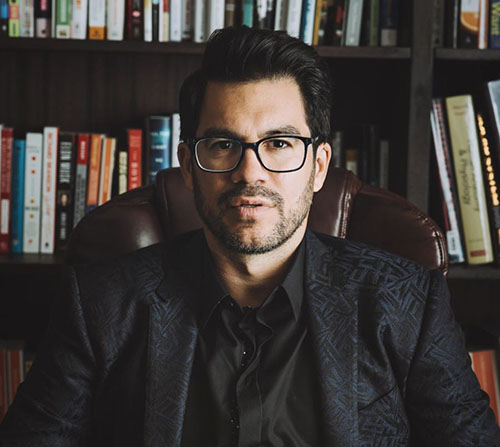How To Choose Which Books To Read
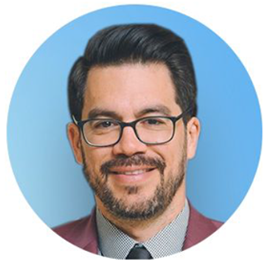
Tai Lopez
May 25, 2017
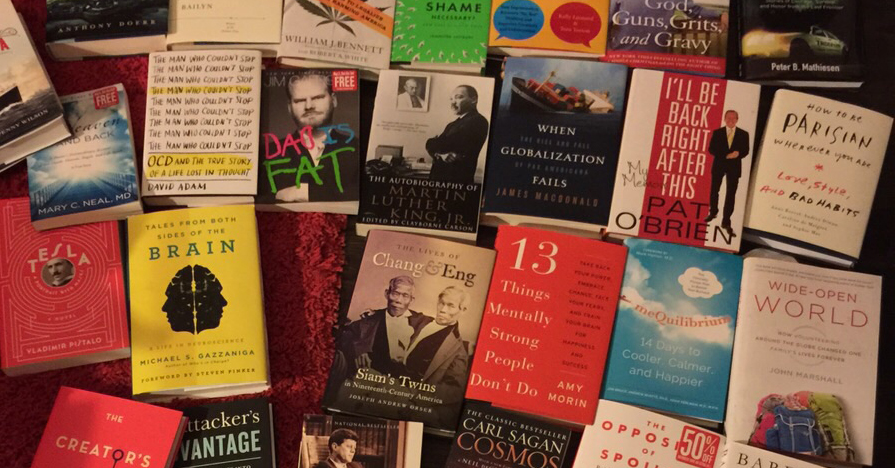
If you’ve followed my videos or podcasts for any length of time, you’ll know I’m a big proponent of smart reading. But part of reading smarter is choosing the right kind of books to read. Keep in mind that the books are tools -- the goal is not to be the most well-read person in the room. The goal isn’t to brag. It’s about getting big ideas -- workable ideas that you put into practice and do.
Doing something is miles beyond just talking about it - and by choosing which books to read, I’m going to explain how you can become more of a do-er.
Setting a Routine
Before we jump into the list of books, it’s vital that you understand the philosophy behind reading smarter. And the way you start that is by setting a routine. Setting a routine where you’re comfortable and have a set goal in mind as a result of reading the book you’ve chosen will help wire your brain into understanding that it’s time to absorb information, retain it and chew on it throughout the day.
The next step, and the focus of this post is going to be on what kind of books you’ll want to read.
Select the Right Kinds of Books
Most people categorize books into two sections -- fiction and non-fiction. They may even go so far as to categorize them based on the subject, like “health books”. I believe that there are three types of books that you need to read and keep reading in order to fully integrate them into your life -- as the Dalai Lama says, become so familiar with their principles that they are instinctual.
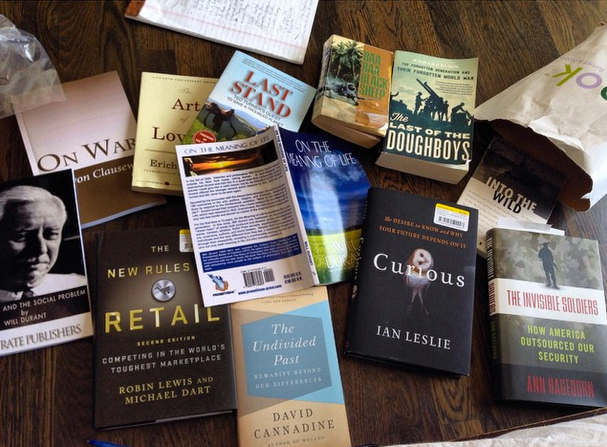
The Classics
These are books that are at least 50 years old, but their advice is timeless. Classics can even be books that have lasted hundreds or thousands of years. The Bible, the Quran, the works of Aristotle and Plato, and even more modern books such as those by Dale Carnegie or Peter Drucker. You should even read books by authors you disagree with -- Karl Marx is one example.
And just as I’ve discussed before, you should divide these books into the main categories -- health, wealth, love and happiness. And you can absolutely find classics that fall under these categories. Look at books by Benjamin Graham on wealth, or Seneca the Younger on finding happiness. These are books that are classics not purely because of their age, but because of the value that people have gotten from them decade after decade -- or even century after century.
How-to-books
These are straightforward, step by step books that walk you through a certain process or strategy. They can be modern or classics. The goal of a how-to book is to walk away with a certain skill. The classics from step one above will give you a big, broad picture, whereas how-to books will give you tangible points and perspectives that you can come away with and integrate into your own life in a specific way.
A how-to book can also be a book on learning a specific skill, such as learning a foreign language or learning how to play chess. It is perfectly acceptable to choose a “For Dummies” book as a how-to book too.
Biographies
Contrary to popular belief, I don’t think humans all have different modes of learning, like kinesthetic, auditory or visual. I believe we learn by osmosis. Now, whether we prefer to take that information in by hearing, seeing or doing, that’s our preference. But humans truly learn by being around other humans that have done or experienced these things.
Obviously we can’t always be around all of these people -- some of them have been dead for thousands of years. But the information they have to teach us is passed on through their writing and the writings of those who lived back then.
Biographies represent one of the most important characteristics a person can develop -- and that is courage. Even in ancient times, philosophers realized that our brains are wired to move toward pleasure and away from pain. Courage is a two-pronged weapon that allows us to overcome pain or trepidation and focus on the goal rather than being distracted or dissuaded by the fear leading up to the actual doing.
So many people’s lives have changed as a result of reading biographies -- even of people who aren’t necessarily in their same industry or even still alive. Conrad Hilton, real estate billionaire and founder of the Hilton line of hotels, said that his perspective on life completely changed when he happened to stumble across a biography of Helen Keller. Reading about how she was able to overcome so much as a result of her disabilities and maintain her optimism inspired Hilton in his own life -- and he went on to found a brand we all know and recognize today.
It’s not as scary to fail when you know that others have failed before you. Knowing that they survived and came away from the experience even stronger can help inspire you and give you the boost of courage you need to move forward.
“Tai, I need a starting point!”
I understand that there’s no shortage of great books out there in every category, and it can be overwhelming to pick a place to start. Fortunately, I’ve done some of the legwork for you in choosing my top 150 books across the categories of health, wealth, love and happiness. Now, keep in mind that these are books that I’ve found particularly helpful, inspiring or influential in some way. These aren’t, by any means, an exhaustive list. But they will give you a place to start.
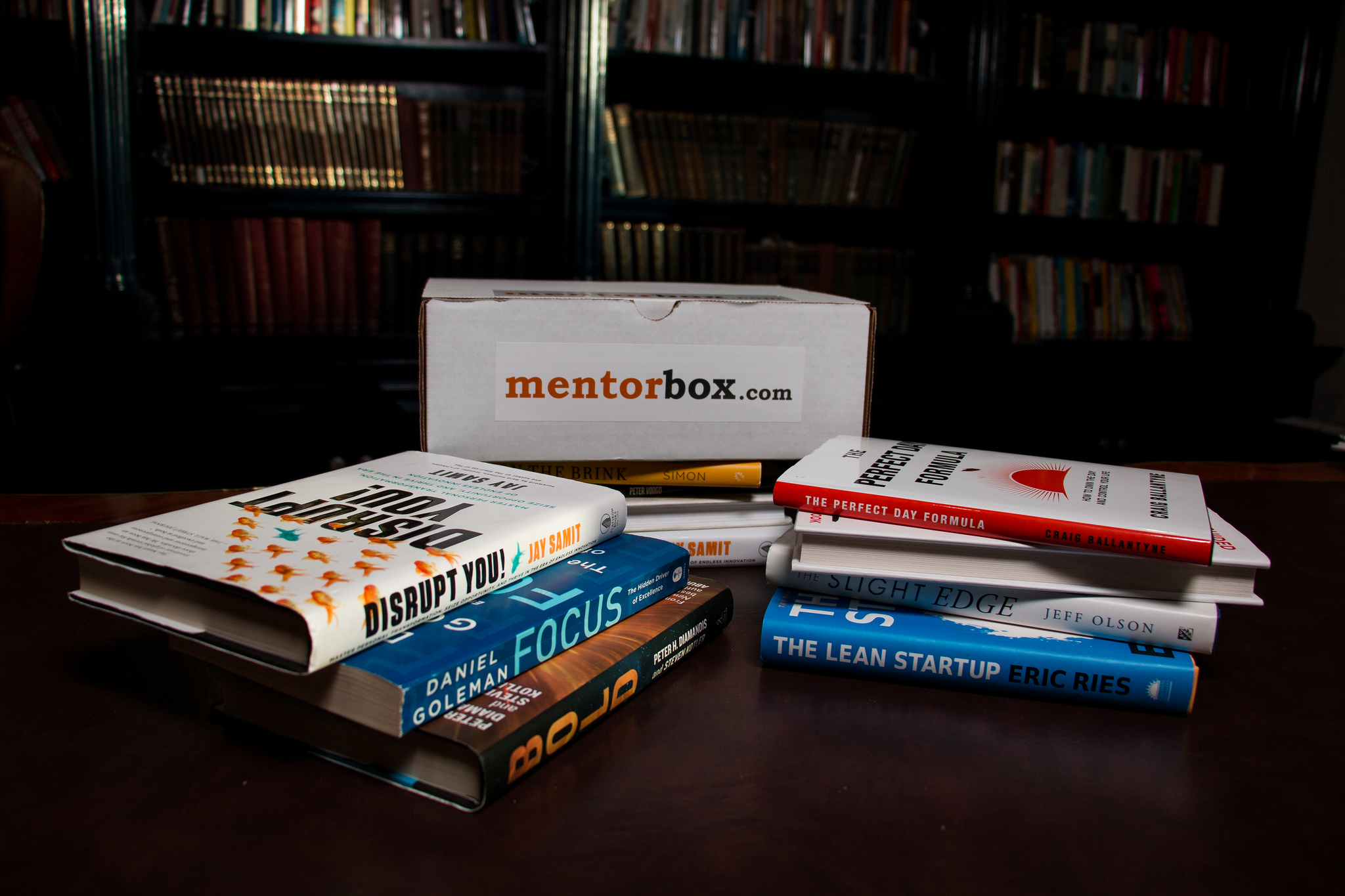
As you continue to read smarter, and really hone in on the lessons these books have to teach you, you’ll very likely uncover some others you’d add to that list of 150 books. And that’s great! Feel free to build and tweak the list to your own preference based on the skills you want to improve on and the traits you want to build within yourself.
And if you simply don’t have time to wade through dozens of books and would rather have a curated self-improvement title sent to you every month, I highly recommend signing up for MentorBox. Every month, you’ll get a “self-help box” that will help you learn and retain life-changing strategies when it comes to your health, relationships, business, finance and much more.
So now you have two great options to help you take that first step in reading smarter and retaining the kinds of concepts that will improve who you are and where you’re doing. The most important step however, is getting started. The sooner you establish a routine and read the right kinds of books, the more fulfilling the process will be.
Best of Tailopez
-
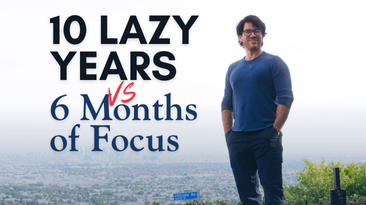 Ten Lazy Years Can Be Erased With Six Focused Months
Ten Lazy Years Can Be Erased With Six Focused Months -
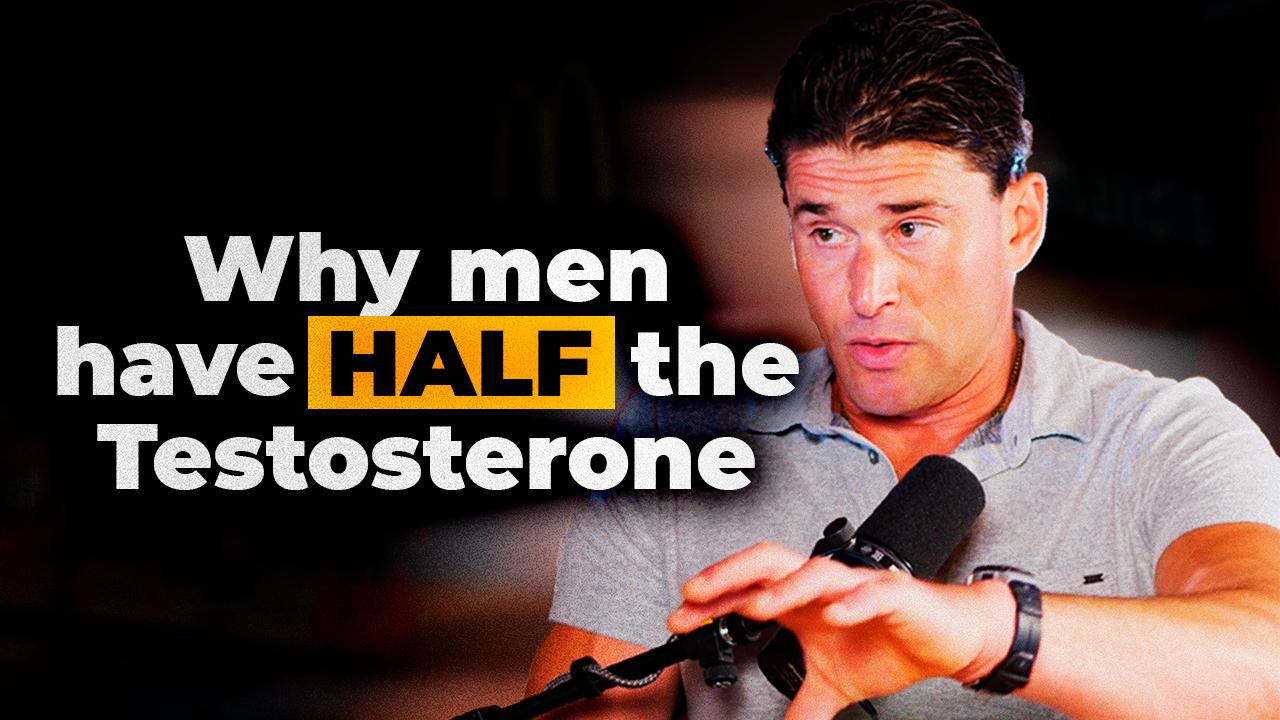 Why Men's Testosterone Is Half Their Grandfather's with Ben Greenfield
Why Men's Testosterone Is Half Their Grandfather's with Ben Greenfield -
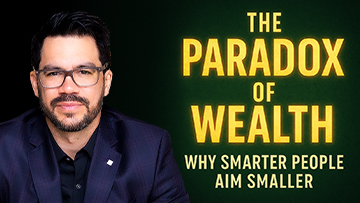 The Paradox of Wealth: Why Smarter People Aim Smaller
The Paradox of Wealth: Why Smarter People Aim Smaller -
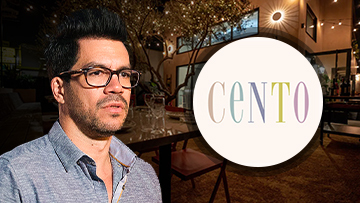 Mamma Mia in West Adams: Tai Lopez Finds LA's Pasta Holy Grail at Cento Pasta Bar
Mamma Mia in West Adams: Tai Lopez Finds LA's Pasta Holy Grail at Cento Pasta Bar -
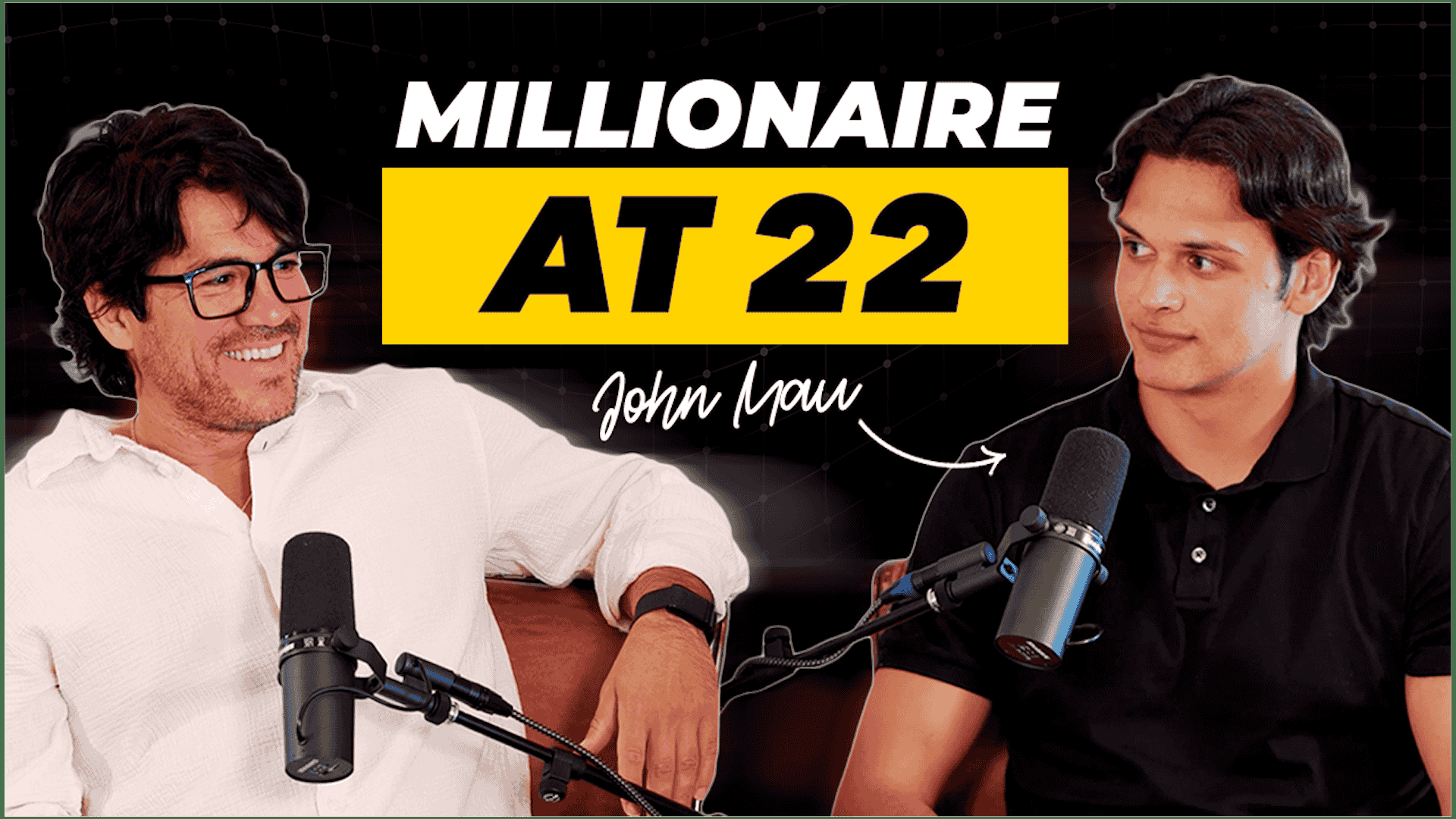 Sales Training, Scaling, and Breaking Objections: Tai Lopez with Johnny Mau
Sales Training, Scaling, and Breaking Objections: Tai Lopez with Johnny Mau

